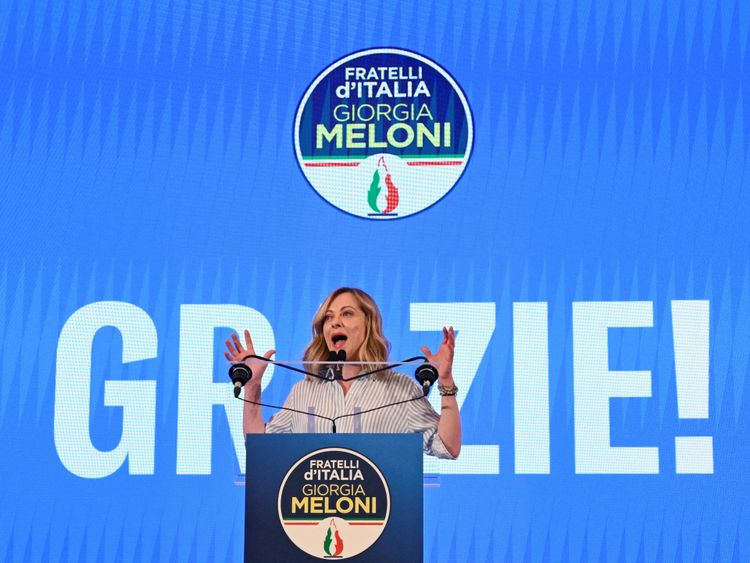EU elections 2024: Who lost and won, and who was hurt?

The right-wing center retained its position, but a sudden increase in support for the far right could potentially have consequences for policymaking in Brussels.
This past weekend was a success for the far right in the European Union, but a terrible experience for those who identify as liberals and greens. People in 27 different countries voted for the new parliament in the EU.
The European Commission President Ursula von der Leyen's center-right political party, the European People's Party (EPP), remained in the top spot as the most influential group in the European Parliament. Von der Leyen confidently declared to her supporters that they would prevent their opponents' progress.
A rising far-right influence in the center of Europe is set to cause changes in Brussels' policies. Observers predict that von der Leyen will face a parliament that is less committed to environmental issues, more divided, and less accepting of immigrants as she seeks a second term as European Commission president.
This is the voting outcome of the EU, along with the major winners and losers.
Analysts say that the gains and setbacks indicate a significant change in the political climate in Europe when compared to the previous voting cycle in 2019.
According to Vessela Tcherneva, who serves as the European Council on Foreign Relations' deputy director, the current state of affairs, including the ongoing economic crisis in the bloc, as well as the wars in Ukraine and Gaza, contribute to an increasingly tense environment that causes voters to seek greater levels of security. The far right, as she explains, is capitalizing on this sentiment by promising to provide such security.
However, Tcherneva pointed out that European Union elections can also serve as a measure of public opinion on leaders of individual nations.
National Leaders: Winners And Losers
What's The Significance?
Although the far-right parties have achieved progress in general, they are not united with each other. One of the examples is the incident in May where the ID expelled the German AfD due to the remarks of one of their leaders, which expressed his support for the Nazis.
Olaf Bohnke, who heads the Alliance of Democracies Foundation, a non-profit organisation in Berlin, stated that far-right parties do not particularly enjoy working in unison towards a greater goal.
However, as per Bohnke's statement, these extremist groups from the right-wing could impede or obstruct the EU's agendas, predominantly those connected to environmental alterations, immigration, and external affairs, such as providing assistance to Ukraine.













































